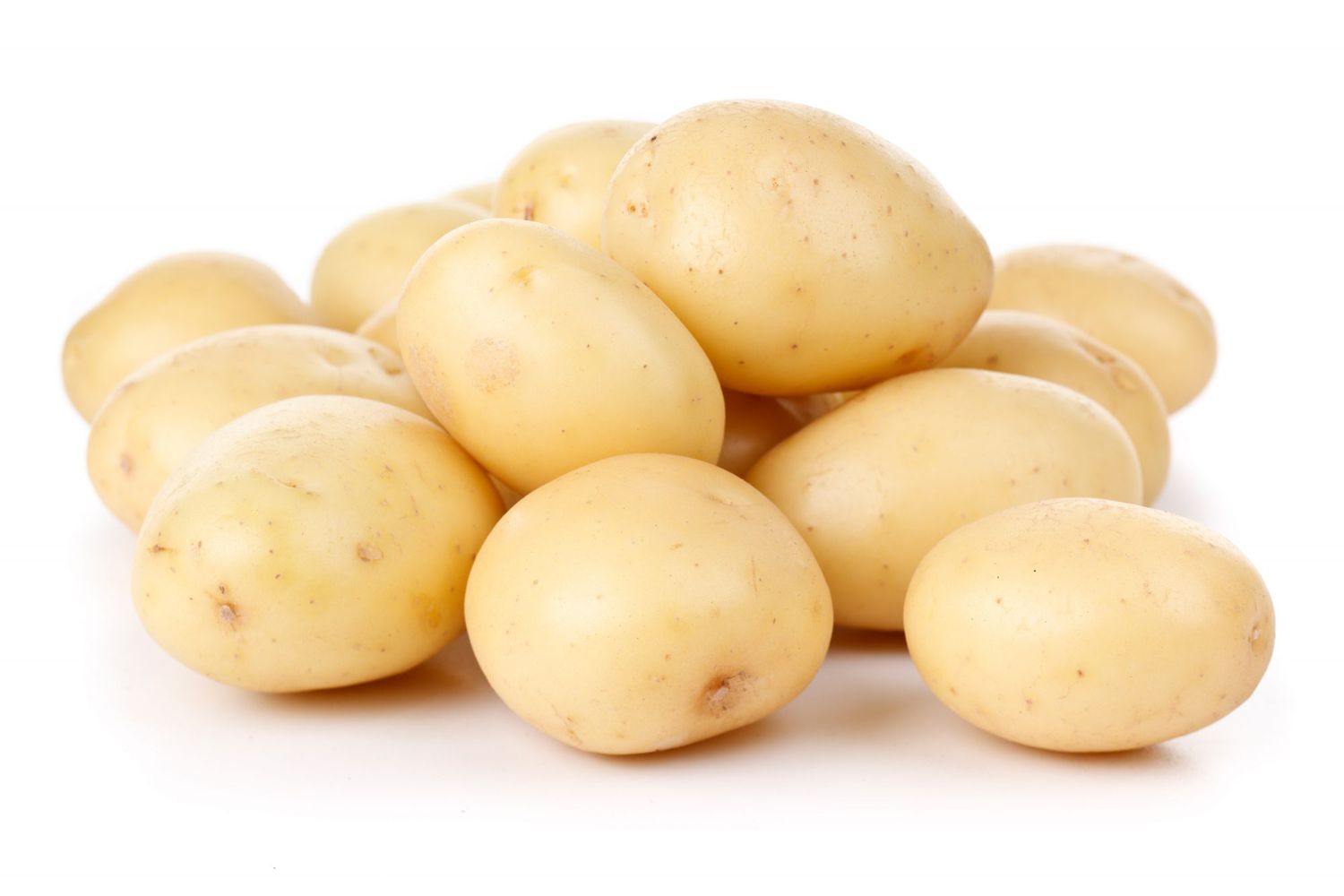The Best Way to Store Lettuce for Maximum Freshness
Are you tired of your lettuce wilting and turning brown after just a few days in the fridge? Proper storage is key to keeping your lettuce fresh and crisp for as long as possible. By following a few simple tips, you can extend the shelf life of your lettuce and reduce food waste. Here’s the best way to store lettuce to maintain its freshness:
1. Wash and Dry Thoroughly
Before storing your lettuce, it’s important to wash it thoroughly to remove any dirt or debris. After washing, be sure to dry the leaves completely. Excess moisture can cause the lettuce to spoil more quickly, so using a salad spinner or patting the leaves dry with a clean kitchen towel can help extend its freshness.
2. Use Airtight Containers
Once your lettuce is clean and dry, it’s time to store it in the refrigerator. Airtight containers are the best option for storing lettuce, as they help to maintain the proper level of humidity while preventing excess moisture from building up. Consider using a plastic or glass container with a tight-fitting lid to keep your lettuce fresh for longer.
3. Add a Paper Towel
To further prevent excess moisture, place a paper towel in the container with the lettuce. The paper towel will help absorb any excess moisture, keeping the leaves crisp and fresh. Be sure to replace the paper towel if it becomes damp to ensure maximum effectiveness.
4. Store in the Crisper Drawer
The crisper drawer in your refrigerator is designed to help maintain the optimal humidity levels for storing produce. Place your airtight container of lettuce in the crisper drawer to help extend its shelf life. This will help protect the lettuce from the fluctuating temperatures that can occur in other parts of the fridge.
5. Avoid Freezing
While freezing can be a great way to preserve many types of food, lettuce does not fare well in the freezer. Freezing lettuce can cause it to become limp and mushy, so it’s best to avoid freezing it altogether. Instead, focus on proper refrigeration and storage techniques to keep your lettuce fresh.
6. Check and Refresh Regularly
Even with proper storage, lettuce will eventually begin to lose its freshness. Be sure to check on your stored lettuce regularly and remove any leaves that show signs of wilting or browning. If needed, refresh the container with a new paper towel to maintain the ideal storage conditions.
By following these simple tips, you can ensure that your lettuce stays fresh and crisp for as long as possible. Proper storage is key to reducing food waste and enjoying the full flavor and nutritional benefits of your lettuce. With the right techniques, you can make the most of this versatile and nutritious leafy green.











